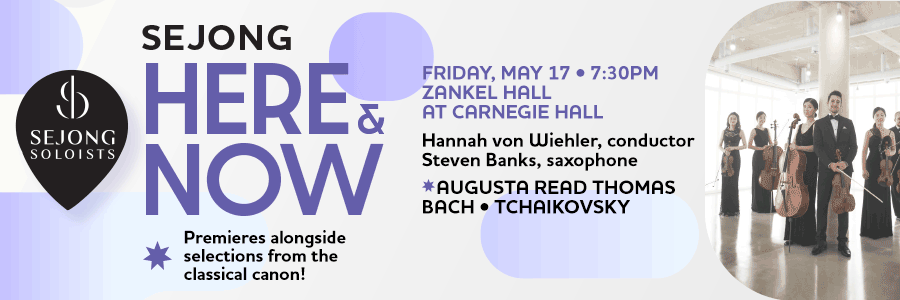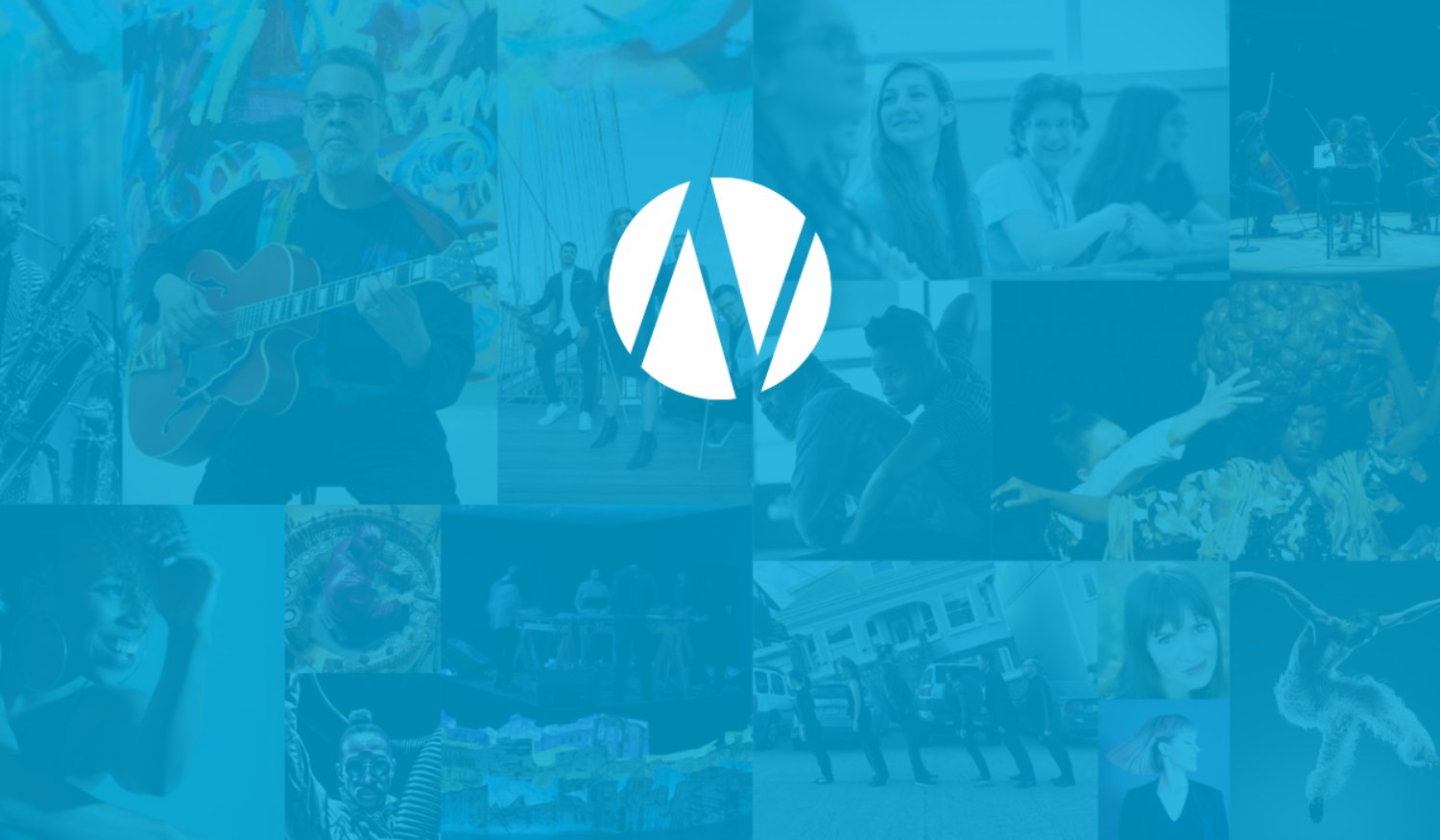
ACO Announces Composers Chosen for Underwood Readings
Seven composers have been selected for the 2015 Underwood New Music Readings which will take place on Wednesday, May 6 and Thursday, May 7, 2015 at the DiMenna Center for Classical Music in New York City.
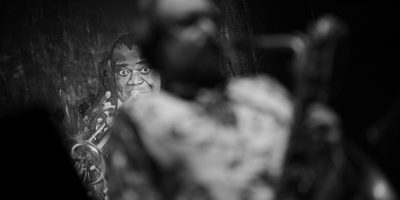
Jazz Remixes
Jazz is all about repurposing pop and folk material for new expressive ends, and the greats were remix artists before the term existed.
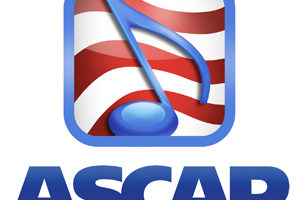
ASCAP Announces 2015 Morton Gould Young Composer Award Winners
Selected from an application pool of more than 600 submissions, 28 young composers (plus an additional seven accorded honorable mention) will be recognized at the annual ASCAP Concert Music Awards at Merkin Concert Hall in New York on May 21, 2015. The award-winning composers share prizes of over $45,000.

Remembering Tod Dockstader (1932-2015)
Tod Dockstader’s electronic music composition, for most of his life, was always an avocation, something he did part-time, outside of his day job, earning him little income. Being an outsider without academic credentials, Tod was denied grants and access to the major electronic music centers. Yet fans of his music included Federico Fellini, and Pete Townshend.
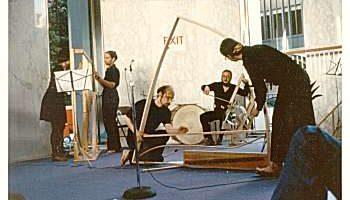
There’s This Thing Happening: The New York Avant Garde Festival and Its Audience
Composers and performers who participated in experimental music festivals of the 1960s are relatively easy to find and talk to if you want to track them down. After all, many of them went on to established careers in the arts, and they have gigs and websites and email addresses. But audience members? People who just wandered in off the street? That’s a little more difficult. Where do you even start?

In search of Musical Integration Between the United States and the Rest of the Americas
Today, across South America, one finds dozens of tourists from all over the world (including many from the United States) who wish to explore the richness of the region. But within the world of notated music, the situation is the opposite. In fact, we can no longer talk about Latin American as a single unit, given the lack of information that exists between its different countries.

En busca de una integración musical entre Estados Unidos y el resto de las Américas
En cualquier lugar de Sudamérica uno se encuentra con decenas de turistas de todo el planeta (incluyendo muchos estadounidenses), que buscan explorar las riquezas de la zona. Ya está claro para ellos que no todo es selvas impenetrables, ni pequeños poblados de madera. Pero en el medio de la música de tradición escrita, también debemos hablar a la inversa. Incluso no podemos hablar de Latinoamérica como una entidad unitaria, ya que existe desinformación entre lo que hace un país y otro.
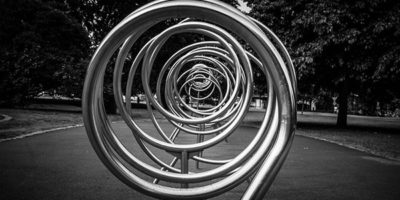
Brahms's Third Racket
There’s no clearer way to see the creative thinking of a diverse group of musicians than to give them the same set of raw materials.

Aaron Jay Kernis to Direct New Nashville Symphony Composer Lab & Workshop
The Nashville Symphony has announced a newly created Composer Lab & Workshop developed and guided by Nashville Symphony Music Director Giancarlo Guerrero and composer Aaron Jay Kernis, who will serve as Workshop Director and Chairman of the Selection Panel.
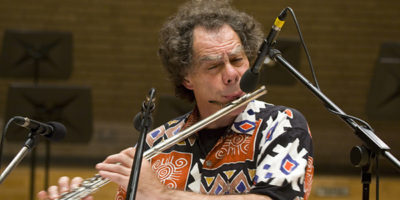
Robert Dick’s The Other Flute Mocked on Network TV
Jimmy Fallon spent 50 seconds during Monday’s Tonight Show making fun of pioneering flutist and composer Robert Dick’s name and textbook. Now Dick is hoping to get invited on the show himself so he can let his artistry do the talking instead.

FLUX-PIECE, FLUXCONCERT, FLUXFEST: Maciunas’s FluxFest Kit 2
I’m not here to argue about whether or not Fluxus is music. In some ways it is, and in some ways it isn’t. Personally, I find it hard to ignore that its members—many of whom at one point or another considered themselves musicians and composers—pointed to musical forms and instruments in so many of their titles and with so many of their materials and processes.
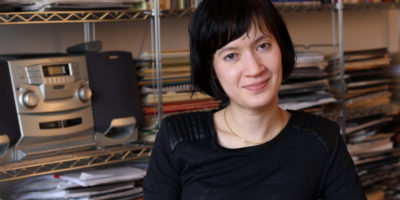
Miranda Cuckson: String Alchemist
Violinist Miranda Cuckson embraces even the sharpest, most unapproachable-seeming pieces, conveying the music with such palpable control and insight that it’s as if she’s holding the door into these worlds open for the audience.

Mad Fresh
We in Western culture have a habit of reflexively using “original” as a synonym for “good,” especially in music. I’m going to argue that originality is not actually a virtue, but rather, that freshness is. The concepts are related, but not identical.

Remembering Ezra Laderman (1924-2015)
Over nearly half a century, Ezra Laderman found a home in the academic world, then in government service at the NEA, then back to teach and administer at Yale. Through all those changes, he continued to compose on a regular schedule, turning out a stream of superbly crafted works, no matter his other duties’ demands. What a role-model!
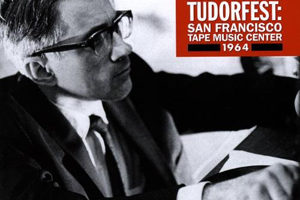
Why Not Include the Bird—Tudorfest, 1964
The San Francisco Tape Music Center’s 1964 Tudorfest was more than what you could read in the reviews. It was more than its success. It was a scramble, a stretch, a compromise—the usual behind-the-scenes madness.
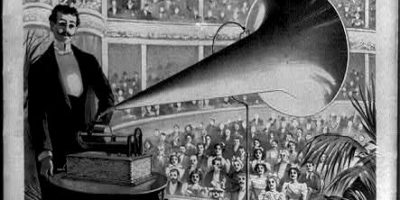
Digital to Analog: Plug and Play
It is the history of music, forever communicating—what, exactly? But forever communicating, nonetheless, even as the message gets hopelessly lost in the translation to music. And it’s not a bug; it’s a feature.
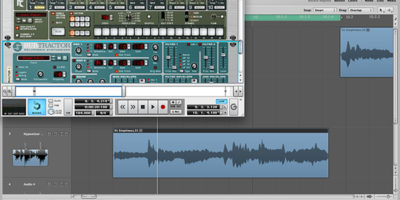
Biting Breaks: Sampling and Ownership
I make sample-based music because I feel like it’s more worthwhile to identify existing sounds that have been overlooked, to bring them to fresh ears, and to give them fresh meaning in new contexts.
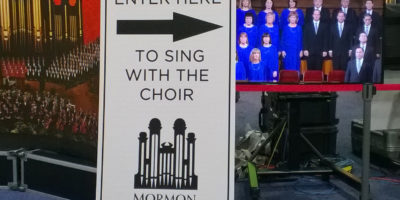
Go Tell It To The Choir—A Report from ACDA
Last week’s gathering of the American Choral Directors Association in Salt Lake City, Utah was one of the largest national music conventions ever held in the United States. Thanks to a newly added composer track at this biennial conference and a greater emphasis on new music, there were also tons of composers and new music aficionados there.
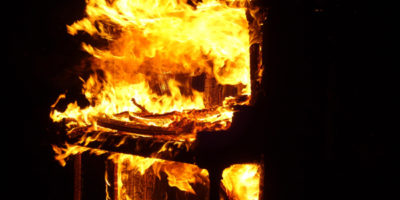
It’s Music Because I Can Hear It: 1960s Experimental Music Festivals
I went to graduate school to study the sounds of burning pianos and squeaky rubber dolls and trash can lids. This music made people think; this music provoked discussions, This music was gutsy and political and sometimes it even required us to reconsider our definition of music.
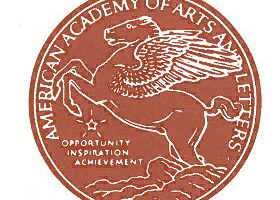
16 Composers Receive More Than $200K from American Academy of Arts and Letters
The American Academy of Arts and Letters has announced the sixteen recipients of the 2015 awards in music, which total $205,000. The recipients will be honored at the Academy’s annual Ceremonial in May.
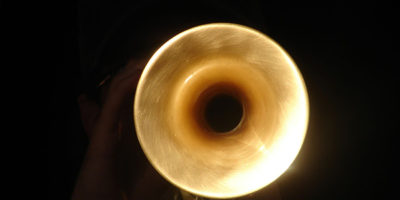
Getting the Point
The power of making music is found in the accretion of work and thought we put in over a lifetime, not single moments of inspiration.
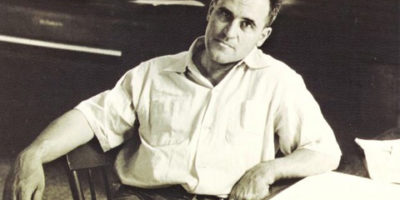
A Reuniting Repertoire--The Guitar Music of Ernst Bacon
A casual, musicological meandering developed into a hunt for forgotten music and transformed into a deeper understanding of the interconnectedness of music, art, fathers and sons.
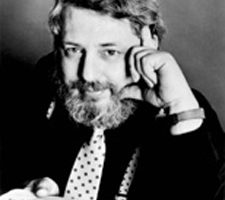
Remembering Tom McKinley (1938-2015): A Personal Reflection
William Thomas McKinley was a true American original and, to my knowledge, the first American classical composer who was also a major post-bop jazz pianist. He abolished this duality and saw creative music from a perspective of higher unity. Tom demonstrated how, musically and spiritually, one could embrace both—through notes, gestures, and at every imaginable level.

Be the First Follower
There are highly visible musicians who are bravely sticking their necks out. They are not programming what the audience wants, they are programming what the audience needs. Contrast this with the classical groups that program rock or pop transcriptions and advertise it as out-of-the-box thinking.


